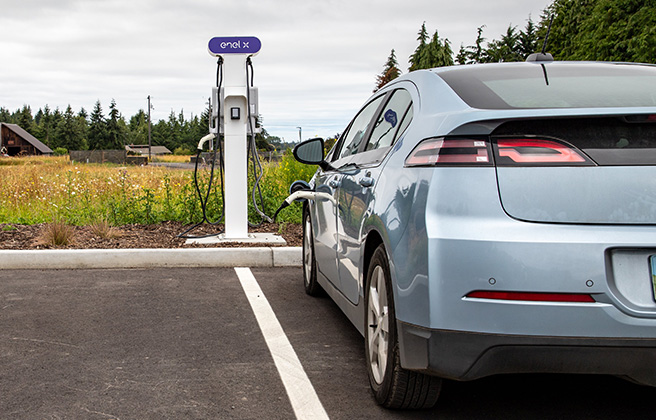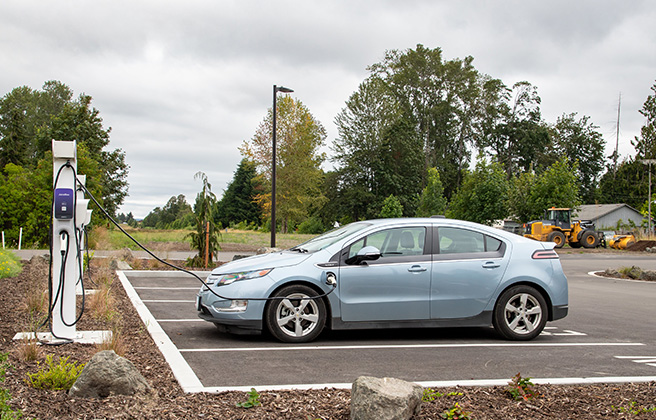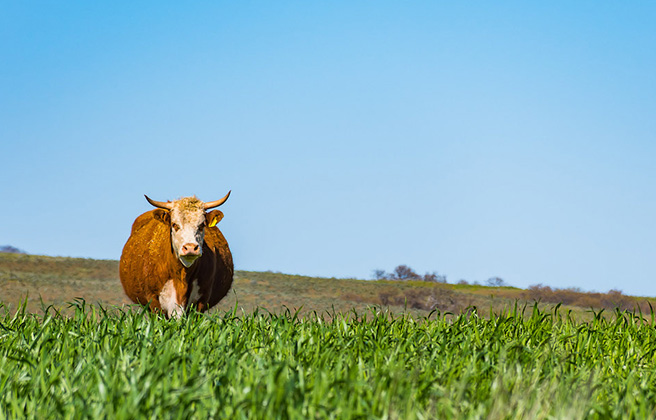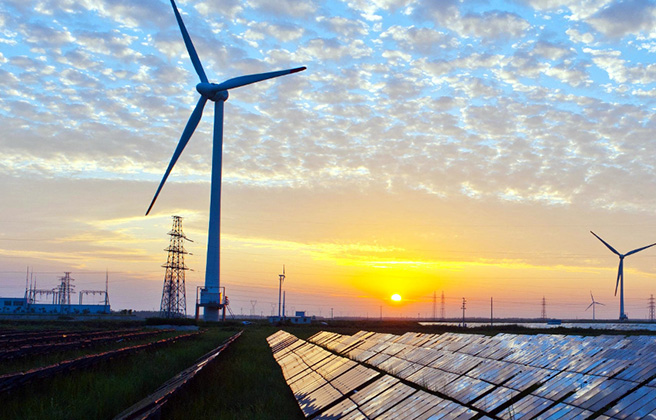Earth Week: Special Edition of Good Climate News this Week!
Apr 26, 2024
 Credit: @jeremybishop on Unsplash
Credit: @jeremybishop on Unsplash
In our final Good Climate News roundup for 2023, we’re covering EV standards and charging, a historic COP agreement, the U.N.’s plan to tackle agricultural emissions and inequity, and a renewable energy milestone.

The first electric vehicle charging station funded by the Biden administration’s 2021 infrastructure bill, the Inflation Reduction Act, has come online in Ohio. This is a major milestone for clean transportation and marks the first step toward achieving the administration’s goal of creating a nationwide, 500,000 station EV charging network.
Improving EV charging infrastructure is critical to facilitating the transition to cleaner vehicles. This newly operational charging station is an exciting step toward a cleaner, safer, healthier future of transportation.
Source: Reuters

For the first time since the annual climate summits began nearly 30 years ago, representatives from nearly 200 nations at COP28 have signed a historic agreement that explicitly calls for a transition away from fossil fuels.
While many feel the agreement does not do enough to curtail the use of fossil fuels, it is a giant step in the right direction because it is the first time COP nations have acknowledged fossil fuels as the primary driver of climate change and united around a clear call for the transition away from their use.
Source: Reuters

Delaware’s environmental secretary Shawn Garvin has announced that the state will partially adopt California’s Advanced Clean Car II standards and require an increasing percentage of new vehicles sold in the state to be either hybrid or fully electric each year.
Despite not adopting the full standards, which would have required 100% of new vehicles sold in the state to be low- or no-emissions by 2035, the state’s partial adoption (which requires 82% of new vehicles sold to be hybrid or fully electric by 2032) will have a tremendous impact on the environment and the health and safety of Delaware communities.
Garvin said the regulation “aims to protect public health, reduce emissions, and align with Delaware’s climate goals – all while providing consumers with cleaner and more sustainable transportation options. This decision will result in cleaner air in Delaware and strengthen protections for communities overburdened by exposure to tailpipe pollution.”
Source: NPR

For the first time, the U.N. Food and Agriculture Organization (FAO) has published a plan to transition the global agrifood industry from being a net-emitter to a global carbon sink.
Currently, the agriculture industry is responsible for about one third of global emissions, yet billions of people worldwide don’t have access to enough healthy food. By focusing on 10 priority areas including livestock, food waste & loss, soil & water, crops, healthy diets and fisheries, FAO’s plan seeks to reduce agricultural emissions while also eliminating global hunger by 2030.
Source: Bloomberg

The U.S. Energy Information Administration has released a report predicting that wind and solar will generate nearly 90 billion more kilowatt hours than coal in 2024 thanks to projects funded by the Inflation Reduction Act coming online. So far this year, solar has seen a huge increase in energy production and is anticipated to see a nearly 40% jump in 2024.
More and more renewable energy projects coming online will help accelerate the transition to a clean, sustainable energy future.
Source: POLITICO
Check out the Power Source Blog and follow us on Instagram or Twitter for more Good Climate News on Mondays. We’ll be back next year with our first 2024 installment on January 8!